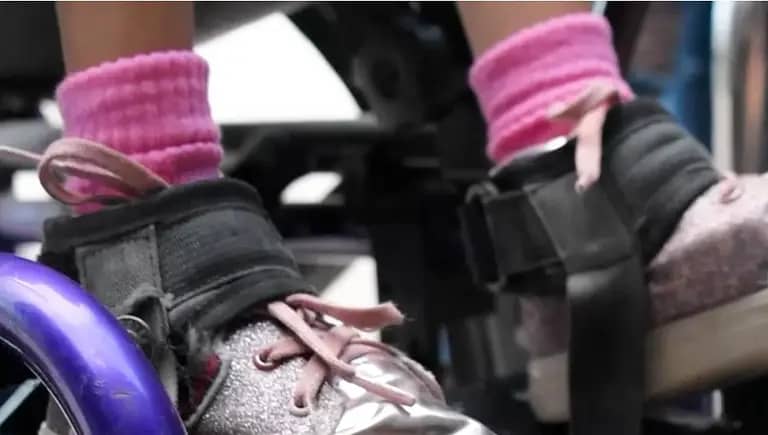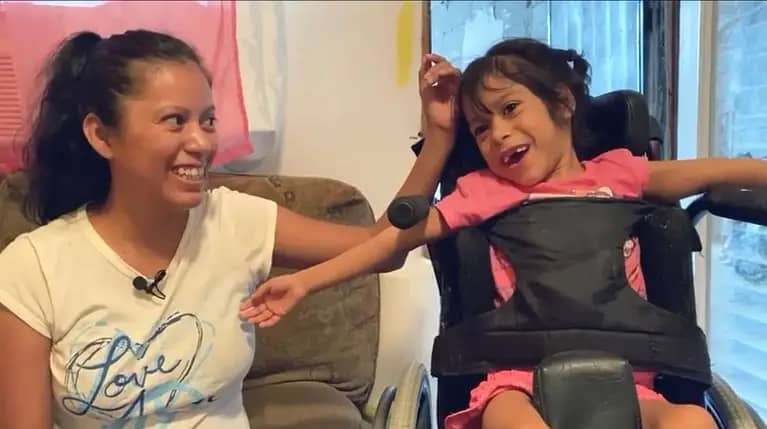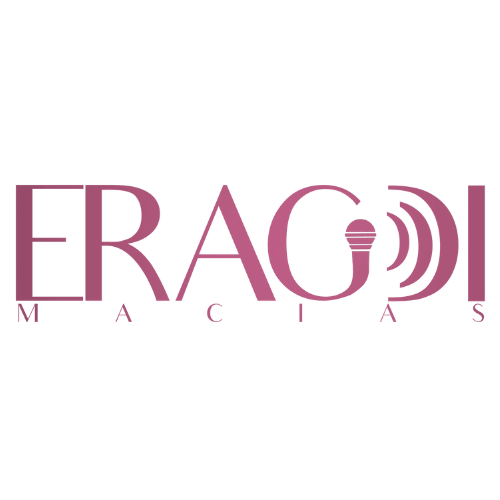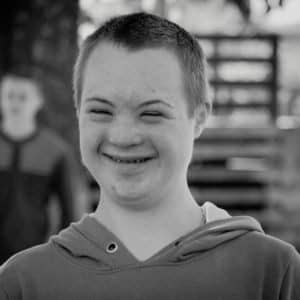The Reality of Diana and Milka in the Healthcare System

In this story, there is one truth that cannot be disputed and one question that echoes in every corner of Mexico:
Is it fair? Is it fair that so many families face a healthcare system that does not support them, that forces them to fight alone against problems that should be solved collectively?
This is the dilemma Diana faces every day as she cares for her daughter Milka. The severe multiple cerebral palsy that affects Milka not only limits her physically; it is a constant reminder of how a medical delay changed her life forever.
“They took too long to help me when Milka was born. She was suffocating.” Diana doesn’t say it with anger, but with a resignation that’s painful to hear.
We’re in the small living room of her house in Ciudad Juárez. The space is simple but full of warmth. Diana has Milka by her side, in a wheelchair. I notice that her arms, though small and thin, always seem to be reaching for her mom.
“It’s like she wants to give me a kiss,” says Diana, her voice breaking and her eyes reflecting how difficult the situation is.
The undeniable truth is this: in Ciudad Juárez, as in many parts of the country, access to healthcare depends on one’s financial situation. And for Diana, what’s in her pocket doesn’t always stretch far enough.
“The neurologist charges me a thousand pesos (around 50 US dollars) per visit ,” she explains as she looks to her left and smiles at Milka. “Baclofen, the medication Milka needs, I can only get it in the U.S. right now. Without it, she becomes stiff like a board.” Her words are not complaints; they are a declaration of struggle.
As she speaks, I notice her hands, holding Milka firmly. These are the same hands that sell at the markets to support her daughter, and the same hands that, during the pandemic, were left without work and income.
“The pandemic has me stuck, on the edge of hope… but also of despair.”
The tension on her face is impossible to ignore. Every smile she gives Milka seems to carry a mix of love and worry. Her struggle is not unique; many mothers on the border, part of the group Chahitos de Amor, share her anguish. They cannot take their children to therapy or consultations because they don’t have insurance, they don’t have money, or simply because the system wasn’t made for them.

In Mexico, according to the National Institute of Statistics and Geography (INEGI, 2020), 4.9% of the population lives with some form of disability, which equals more than six million people in the country. For them and their families, the public healthcare system often falls short, leaving only empty promises. Diana knows this well: she has faced, time and time again, the reality of a support system that doesn’t show up.
“It’s all because of… well, because of the economy,” she says with resignation.
Meanwhile, Milka’s smile seems to light up the room, as if she has no idea of the difficulties her mother faces every day.
“She is my driving force”, Diana says as she kisses Milka’s hand.
Watching this, the question is once again right there, more alive than ever: Is this situation fair?
Is it fair that Milka’s face and Diana’s strength are a testament to the power of love and resilience, but also evidence of everything we, as a society, are failing to do? Every consultation Diana can’t afford, every medication she can’t obtain, every therapy Milka doesn’t receive is a lost opportunity to do better.
It’s clear that change won’t come immediately, but stories like Milka’s and Diana’s invite us to reflect on the society we are building.
Do we want a world where economic barriers determine who receives care and who doesn’t? Or can we imagine a system that, instead of ignoring them, embraces them and allows them to live with dignity? Because in this story, there is one indisputable truth: Diana’s love for Milka can conquer almost anything. But love shouldn’t be this hard. It shouldn’t be part of such an unequal fight.








